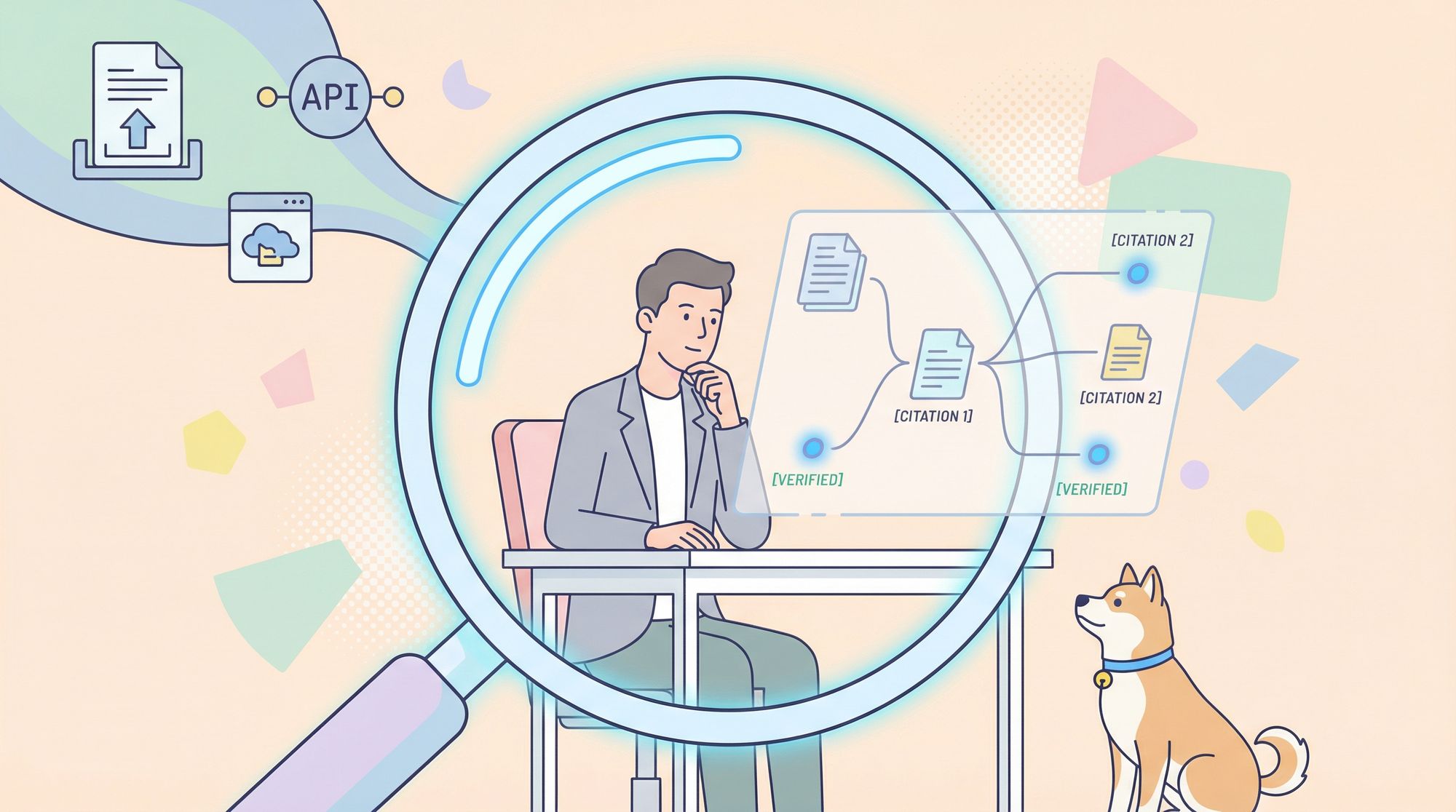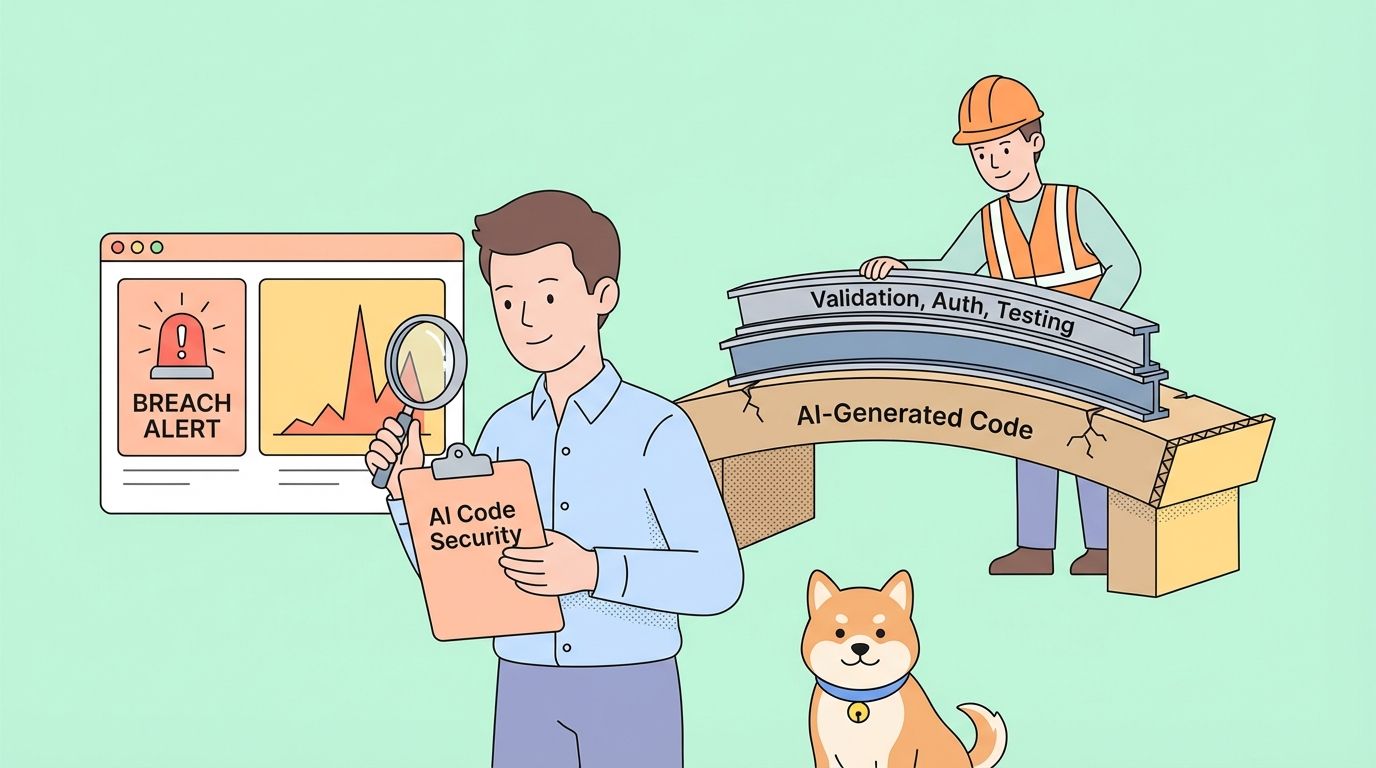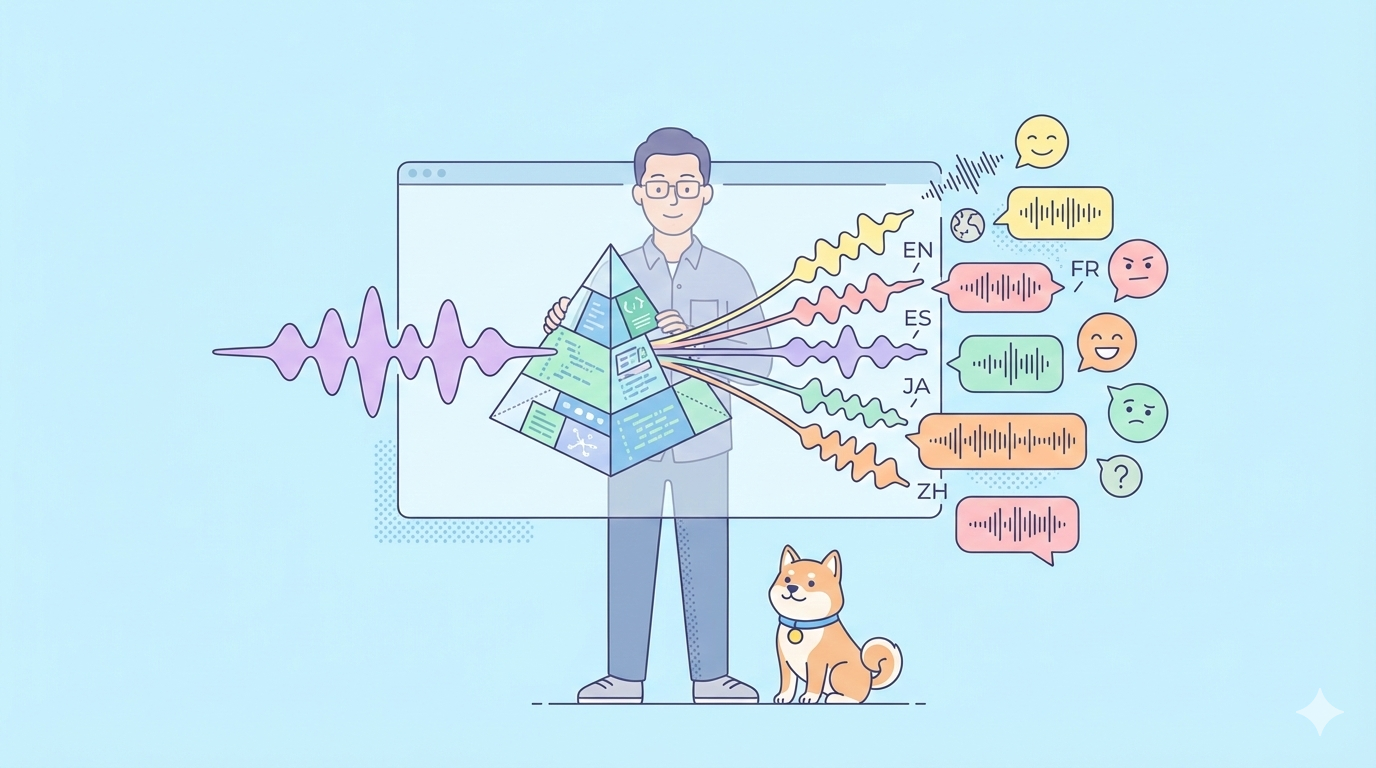Alibaba’s Qwen team released Qwen DeepResearch 2511 on November 13, 2025, marking the most significant upgrade yet to their autonomous research agent. Researchers, analysts, and engineers now access this tool directly at chat.qwen.ai without waitlists or subscriptions.
What Exactly Is Qwen DeepResearch 2511?
Qwen DeepResearch 2511 functions as an agentic system built on top of the Qwen3 series. The model autonomously plans multi-step research strategies, executes iterative web searches, synthesizes conflicting sources, and generates structured, citation-rich reports.

Additionally, the November 2025 release introduces several architectural and UX improvements that directly address previous limitations in search depth, processing speed, and output control.
Dual-Mode Operation: Normal vs. Advanced
Users now select between two distinct modes, each optimized for different workloads.

- Normal Mode delivers fast, high-quality reports suitable for most queries. It processes information efficiently while maintaining strong factual grounding.
- Advanced Mode allocates additional compute resources to perform deeper iterative searches, cross-validate more sources, and produce exhaustive analyses. Consequently, reports in Advanced Mode often exceed 10,000 words with hundreds of citations when warranted.
This flexibility ensures researchers balance speed and thoroughness precisely.
Key Technical Enhancements in Qwen DeepResearch 2511
The Qwen team implemented multiple under-the-hood optimizations that yield measurable gains.
First, engineers enhanced the search subsystem, allowing the agent to retrieve and meaningfully process substantially more web content in less time. Furthermore, they improved citation reliability through better source ranking and duplicate detection.
Second, users gain granular control over output format. You specify desired word count, section structure, paragraph count, or even enforce specific report styles (e.g., academic paper, executive summary, or technical specification).
Third, native file upload support now enables direct analysis of PDFs, Word documents, spreadsheets, and images alongside web research. The agent extracts relevant data, cross-references it with online sources, and incorporates findings seamlessly.
Finally, a complete UX overhaul adopts a decoupled architecture. Progress indicators update in real time, intermediate thoughts remain visible, and the interface responds instantly even during long-running Advanced Mode tasks.
Benchmark Breakdown: Qwen DeepResearch 2511 vs. 2507
The official comparison chart reveals clear progress across seven critical dimensions:
| Metric | Qwen DeepResearch 2511 Advanced | Qwen DeepResearch 2511 Normal | Qwen DeepResearch 2507 | Improvement (Advanced vs 2507) |
|---|---|---|---|---|
| Anti-Hallucination | 94.2 | 94.2 | 79.0 | +15.2 points |
| Comprehensiveness | 99.4 | 99.4 | 95.6 | +3.8 points |
| Citation Reliability | 89.0 | 89.9 | 82.0 | +7.0–7.9 points |
| Instruction Following (Report Style) | 91.0 | 91.0 | 83.0 | +8.0 points |
| Average Report Length (Unconstrained) | 7100 words | 6900 words | 5200 words | +36–38% |
| Search Depth (Materials Covered) | 908 | 219 | 160 | Up to +567% (Advanced) |
| Research Time (Seconds) | 908 | 529 | 535 | Comparable or faster despite depth |
These numbers come from standardized internal evaluations using complex, multi-faceted queries that require synthesizing dozens of sources.
Notably, Anti-Hallucination jumps from 79.0 to 94.2 — a 19% relative reduction in factual errors. Researchers particularly appreciate this improvement in high-stakes domains like medical literature reviews or financial analysis.
Additionally, Search Depth in Advanced Mode reaches 908 distinct materials processed, compared to only 160 in the previous version. The agent therefore uncovers obscure but authoritative sources that earlier iterations missed entirely.
How the Agentic Loop Works Under the Hood
Qwen DeepResearch 2511 operates through a sophisticated ReAct-style loop with enhancements specific to long-horizon research:
- Query Clarification – The agent asks targeted follow-up questions to refine scope.
- Multi-Step Planning – It generates a research outline with parallel and sequential search tasks.
- Iterative Retrieval – The system executes searches, evaluates relevance, and decides whether to deepen or branch.
- Source Synthesis & Conflict Resolution – Conflicting data triggers additional searches for primary sources or chronological timelines.
- Structured Output Generation – Final report respects user-specified format constraints while embedding verifiable citations.
Moreover, the decoupled frontend allows users to monitor every reasoning step live, which proves invaluable for auditing or intervening in enterprise workflows.
File Uploads and Multimodal Analysis
Users now drag and drop documents directly into the chat interface. For example:
- Upload a 100-page PDF of a technical standard; the agent summarizes key sections and cross-references claims against current web implementations.
- Attach competitor API documentation; Qwen DeepResearch 2511 extracts endpoints, compares versioning, and highlights breaking changes.
This capability transforms the tool from a pure web researcher into a hybrid analyst that handles proprietary or offline data seamlessly.
Practical Use Cases Where Qwen DeepResearch 2511 Excels
Engineers and researchers already leverage the new version for demanding tasks:
- Market Landscape Reports → Advanced Mode routinely produces 8,000–12,000-word analyses covering 500+ sources in under 15 minutes.
- Academic Literature Reviews → Citation reliability above 89 minimizes manual verification time.
- Technical Due Diligence → Upload pitch decks or whitepapers; the agent fact-checks every claim against patents, GitHub repos, and regulatory filings.
- API Research & Reverse Engineering → When the agent discovers undocumented endpoints during research, developers immediately import the inferred OpenAPI schema into Apidog, generate mock servers, and begin integration testing—all for free.
Limitations and Current Constraints
Despite impressive gains, a few constraints remain:
- Advanced Mode can take 10–15 minutes on extremely broad topics.
- The system still relies on public web sources; paywalled academic journals require manual upload.
- Daily usage quotas apply on the free tier, though they are generous for individual users.
Nevertheless, these trade-offs pale compared to the depth achieved.
Why Qwen DeepResearch 2511 Matters for the Broader AI Ecosystem
Alibaba demonstrates that proprietary research agents can advance rapidly without massive parameter increases. Instead, targeted architectural improvements in planning, retrieval, and verification yield outsized gains.
Furthermore, by keeping the entire experience free and instantly accessible, Qwen lowers barriers for researchers worldwide—especially in regions where paid alternatives remain cost-prohibitive.
Getting Started with Qwen DeepResearch 2511 Today
Head to https://chat.qwen.ai, type your query, select Normal or Advanced, and optionally upload supporting files. The interface guides you through mode selection and format preferences.
And remember: the next time Qwen DeepResearch 2511 uncovers a hidden API, undocumented parameter, or evolving protocol during its investigation, you’ll want the best free tool to capture, mock, and test it immediately. Download Apidog for free at apidog.com and turn every research insight into production-ready code faster than ever.
Qwen DeepResearch 2511 doesn’t just research—it redefines what autonomous, citation-grounded analysis can achieve in 2025 and beyond.



